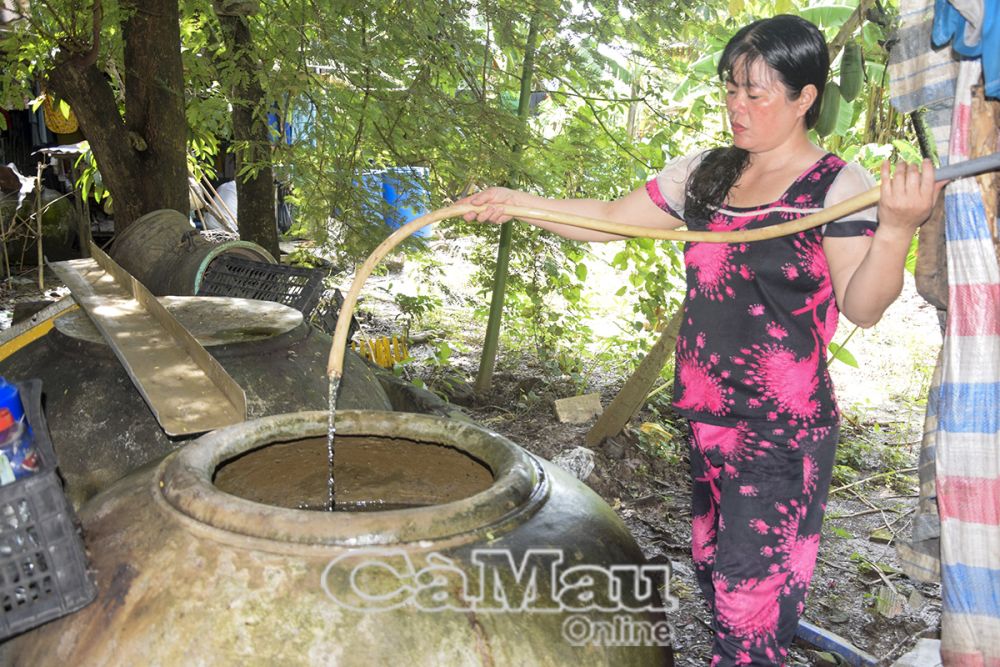
According to a quick report from the Department of Agriculture and Environment, up to now, the whole province has 6 areas at risk of shortage and lack of proactive domestic water sources. Specifically, Thoi Binh district has 2 areas at risk of water shortage, namely Bien Bach commune and Ho Thi Ky commune, with about 710 households lacking water; U Minh district has 3 communes: Khanh Thuan, Khanh Lam and Khanh Hoi, with more than 330 households and Rach Vet hamlet area, Hiep Tung commune, Nam Can district.
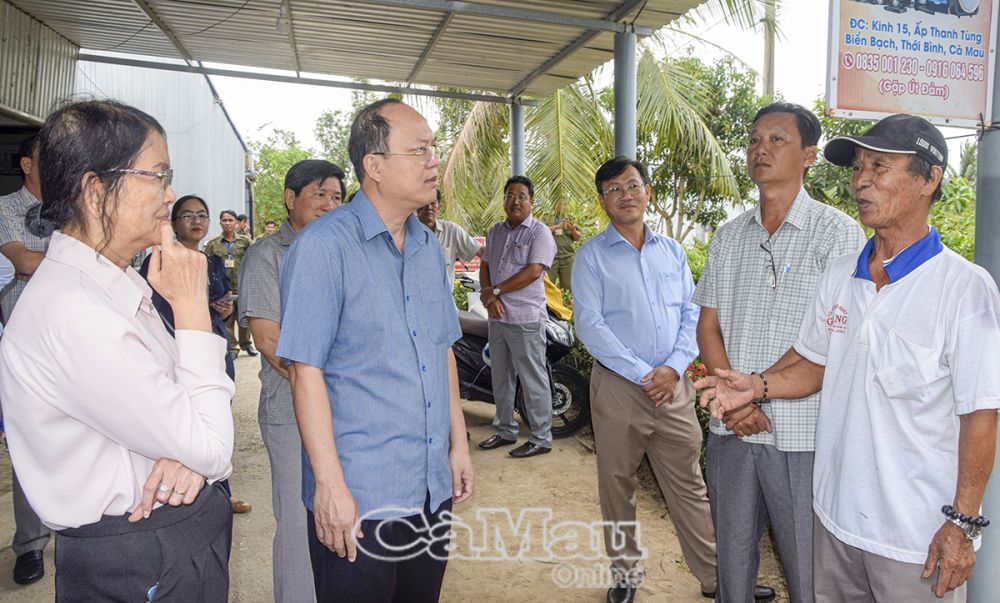
The entire Bien Bach commune, Thoi Binh district has 6,500 households, of which more than 642 households lack and cannot take initiative in their water sources. Especially on the Ranh Hat canal, Thanh Tung hamlet, there are more than 350 households lacking water for daily use.
On the Ranh Hat canal, the shortage of domestic water has not only happened for a day or two, but has lasted for decades. Mr. Mai Hong Cat, a resident on the Ranh Hat canal, confided: "Although during the rainy season, people here have been proactive and used all means to store water, but during the dry season, there is still not enough water to use, and they have to exchange water at high prices."
Mr. Ly Minh Vung, Chairman of Thoi Binh District People's Committee, said that the District People's Committee has coordinated with the Center for Clean Water and Rural Environmental Sanitation to select locations to build and install freshwater tanks to respond to drought. Accordingly, there are 7 locations on the Ranh Hat canal where water tanks are installed.
“In addition, out of 642 households, 280 have water pipes installed to their homes. However, during peak hours, the water source is not enough to meet the demand, and people have to time their water pumping to have enough water for daily use,” Mr. Vung added.
However, according to Mr. Cat, “There are 7 water supply points on the route, 500-700m apart, each point has 2 tanks (each tank holds 7 cubic meters of water) for people on the route to get water. But up to now, all the tanks are dry, people have started to change water for daily use and drinking.”
According to information from households along the route, on average each household uses 10-15 cubic meters of water per month, at a cost of 400-500 thousand VND. For households with many people, the cost can be up to millions of VND per month.
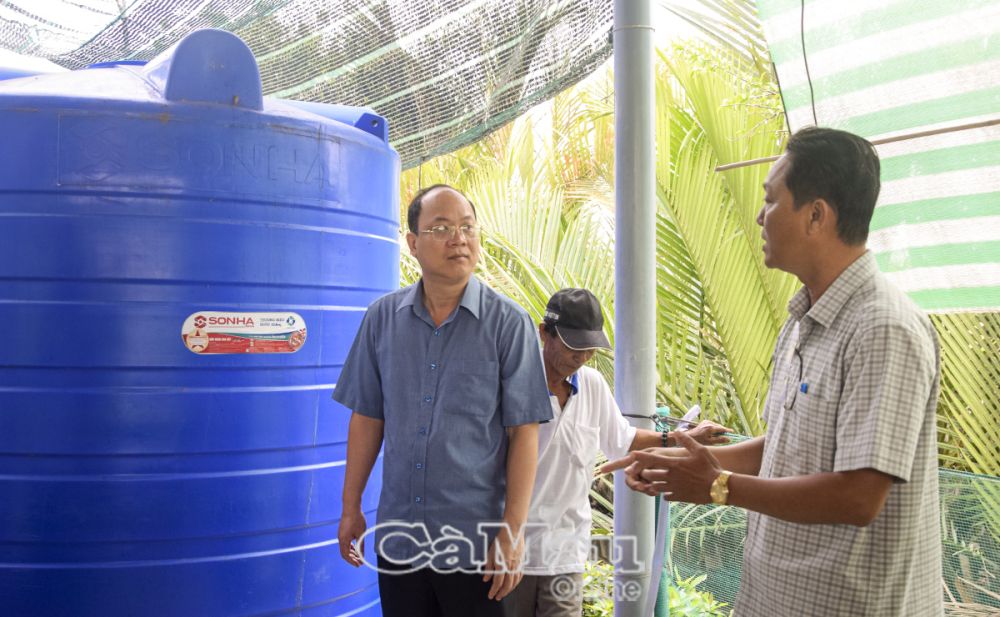
Mr. Chau Cong Bang, Deputy Director of the Department of Agriculture and Environment, said: “The Department has directed the Center for Clean Water and Rural Environmental Sanitation to strengthen the inspection and supervision of water supply at water supply stations under management and operation. Prepare materials and equipment to repair damage and replace existing equipment at water supply stations. When detecting damage, water shortages, or local water loss, they must be resolved and repaired immediately, so that people do not lack water for daily use during the upcoming dry season.”
Mr. Bang informed that on the West bank of the Trem River alone, an additional well with a capacity of 50m3/h has been drilled in Kenh 8 Hamlet, Tan Bang Commune, Thoi Binh District and an additional 1km of water pipeline has been installed to connect to the existing pipeline, supplying more than 450 households in Bien Bach Commune (West bank of the Trem River, from Kenh 8 to Kenh 25, bordering Kien Giang Province).
Speed up the construction progress of rural domestic water supply projects under construction in areas with polluted water sources, water-scarce areas, and areas affected by saltwater intrusion for timely exploitation and operation; organize monitoring of reserves and quality of domestic water sources, have specific water distribution plans for each stage, and make reasonable adjustments when water sources are lacking.
“Urgently review degraded and damaged water supply works in water-scarce areas to find solutions to upgrade and renovate them to promptly provide domestic water for people,” Mr. Bang emphasized.
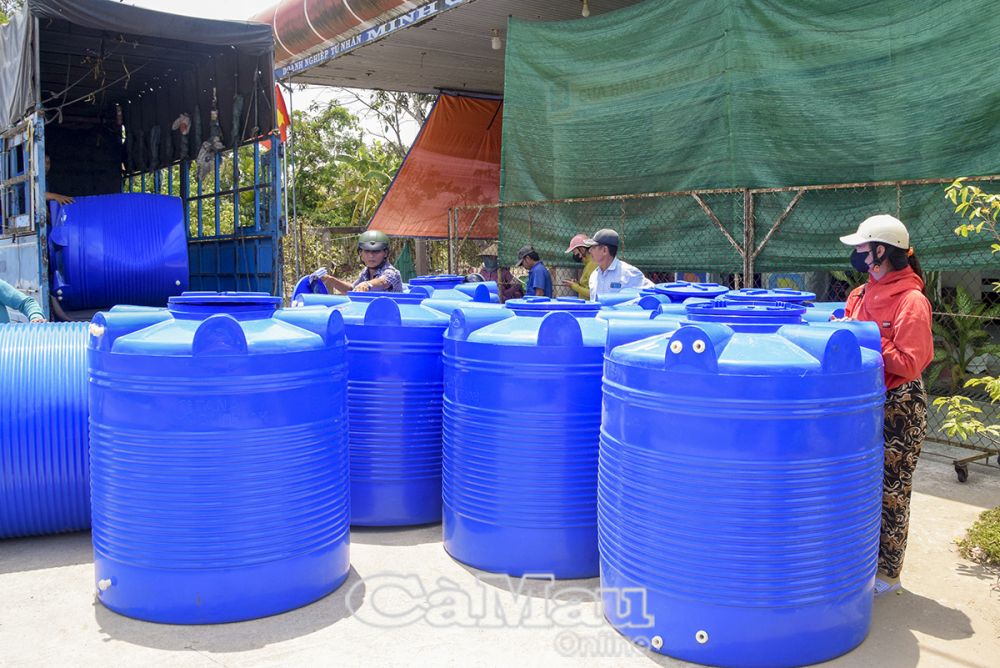
It is known that recently, during a field survey on the water shortage in Bien Bach commune, Provincial Party Secretary Nguyen Ho Hai expressed his concern: "After 50 years of complete liberation of the country, up to now, people still lack clean water for daily life and drinking, so local leaders need to review. This is an urgent task that needs to be implemented immediately."
The Provincial Party Secretary emphasized that all levels and sectors need to pay attention to directing implementation from now until April 30 to ensure that people in the province no longer have a shortage of clean water to use./.
Diamond
Source: https://baocamau.vn/khong-de-nguoi-dan-thieu-nuoc-sinh-hoat-a38027.html


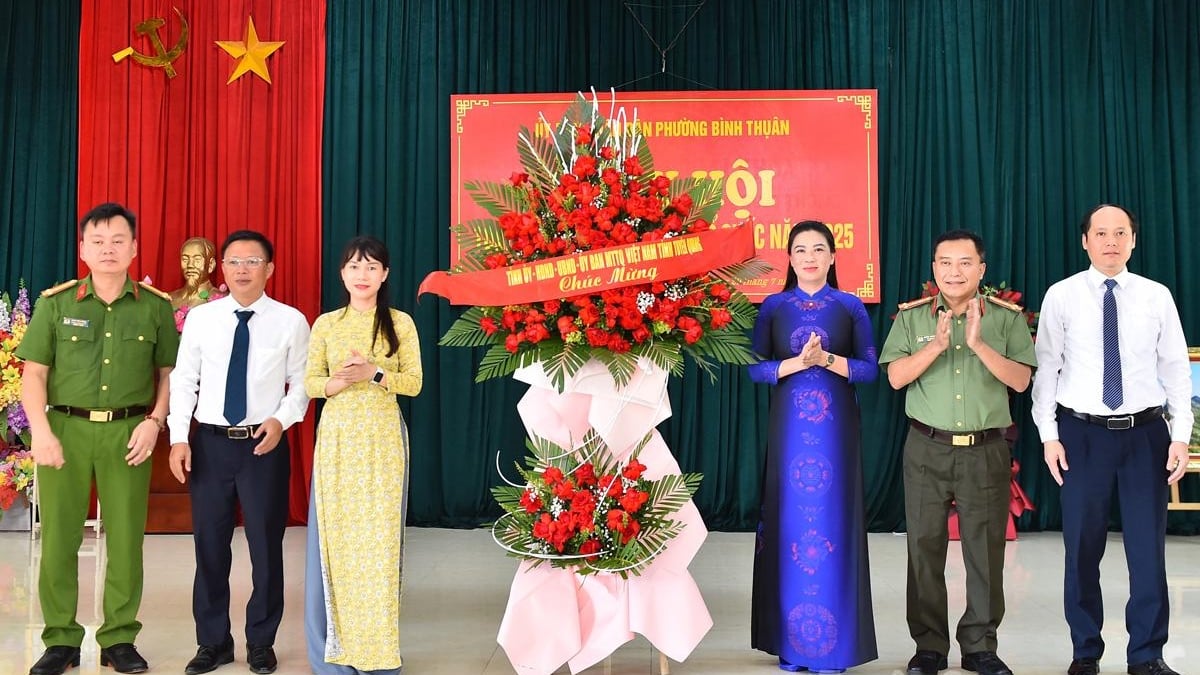

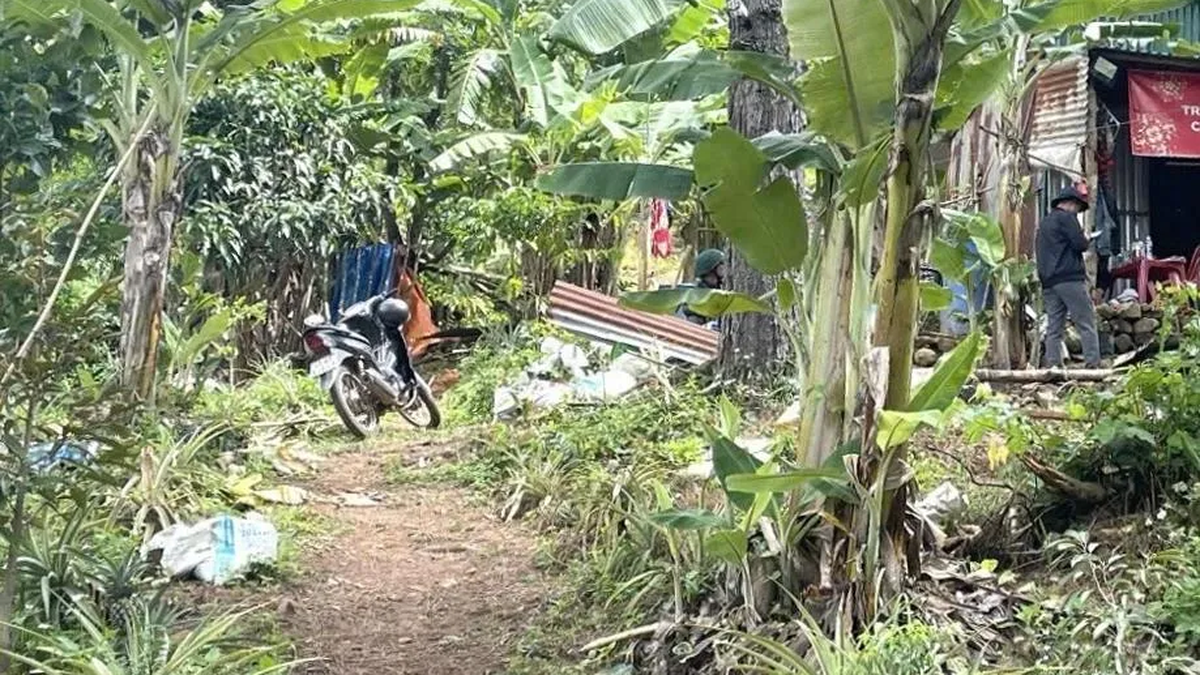

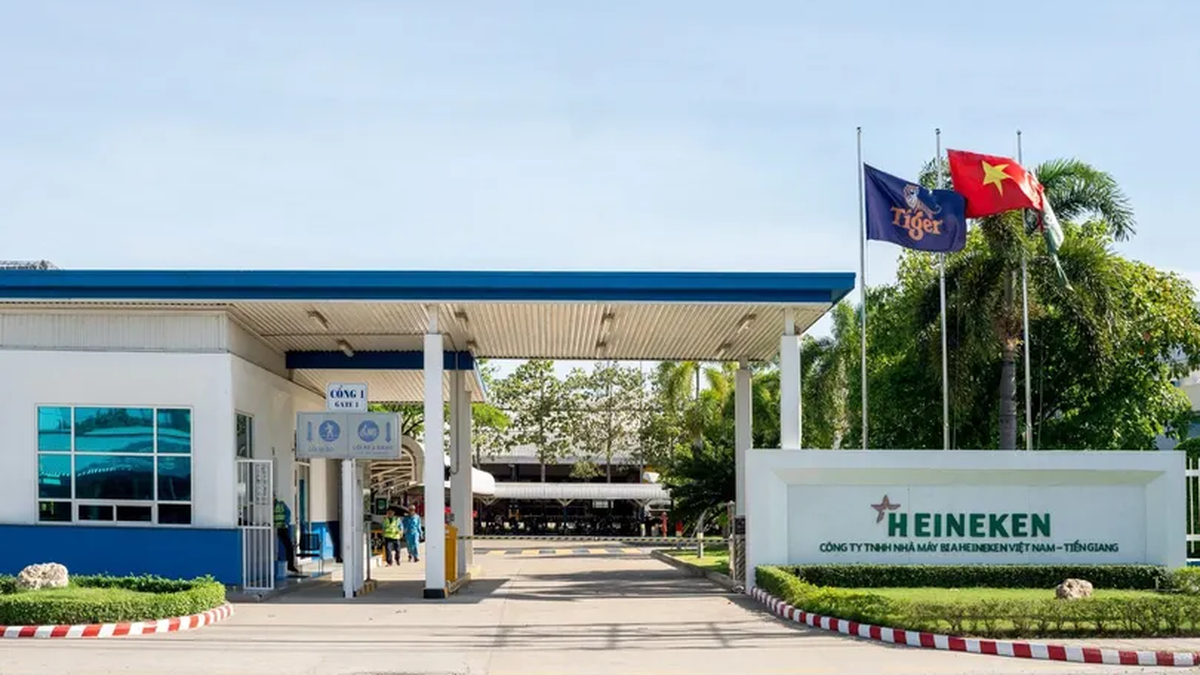

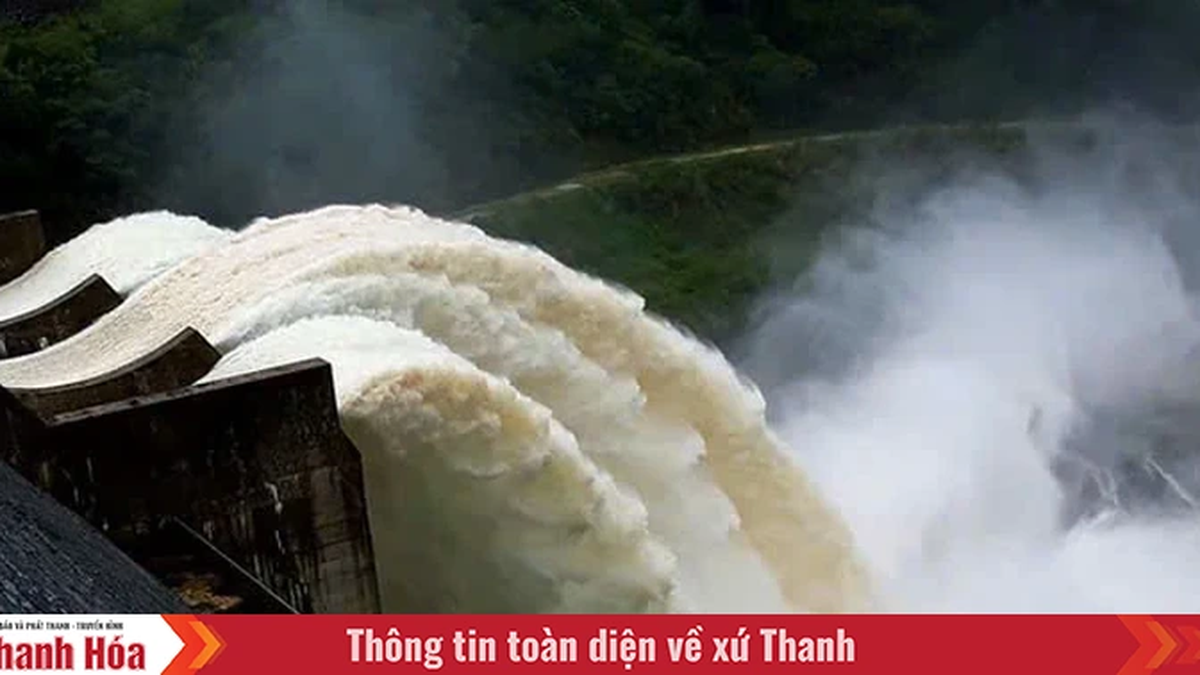
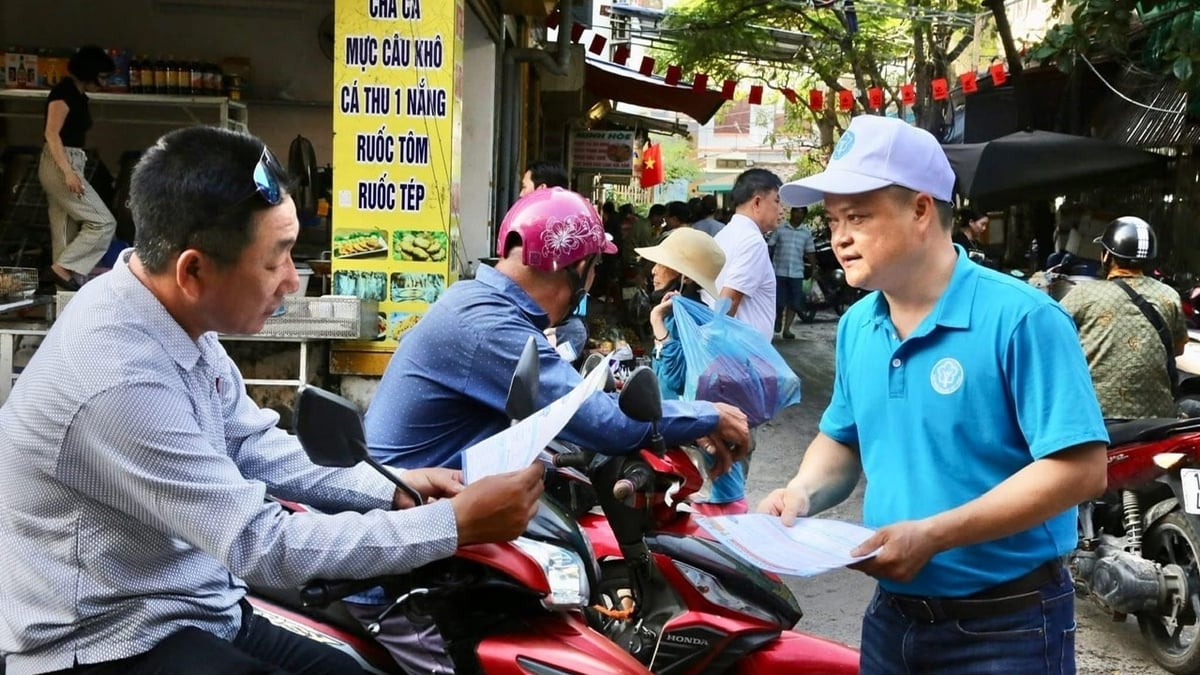

















![[Photo] National Assembly Chairman attends the seminar "Building and operating an international financial center and recommendations for Vietnam"](https://vphoto.vietnam.vn/thumb/1200x675/vietnam/resource/IMAGE/2025/7/28/76393436936e457db31ec84433289f72)










































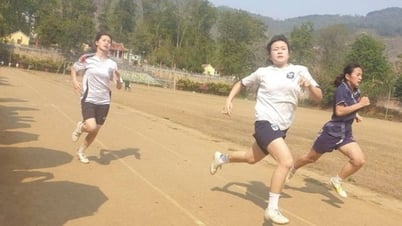




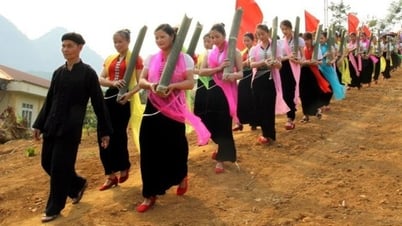





















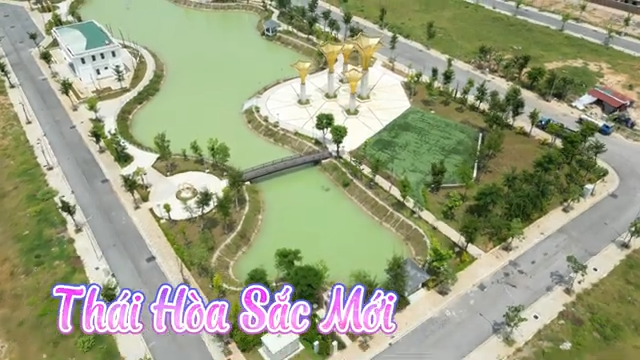
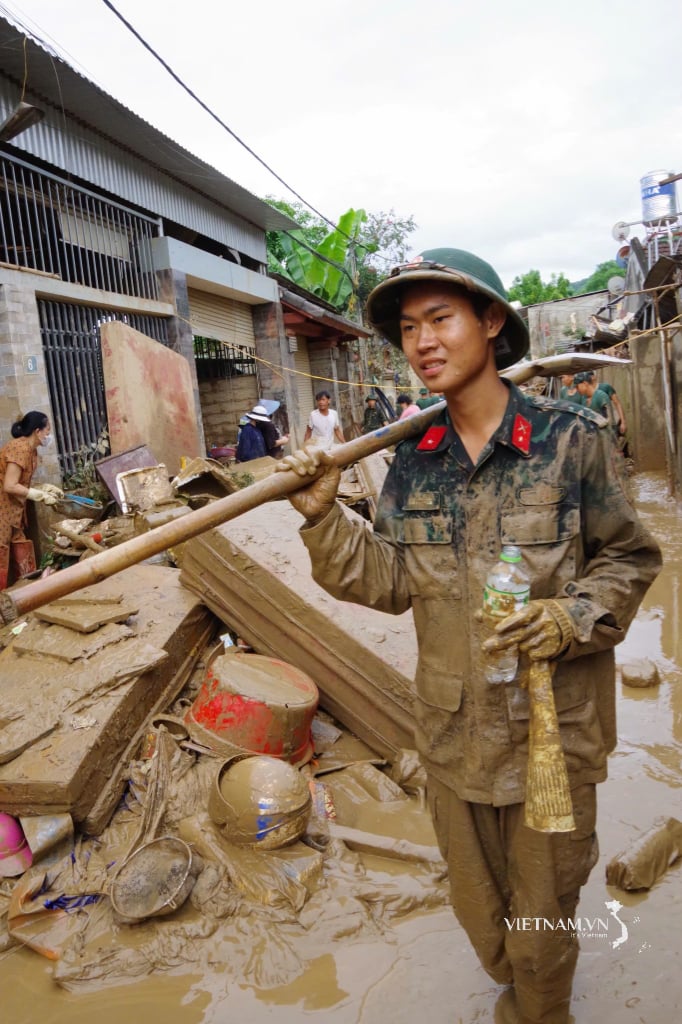

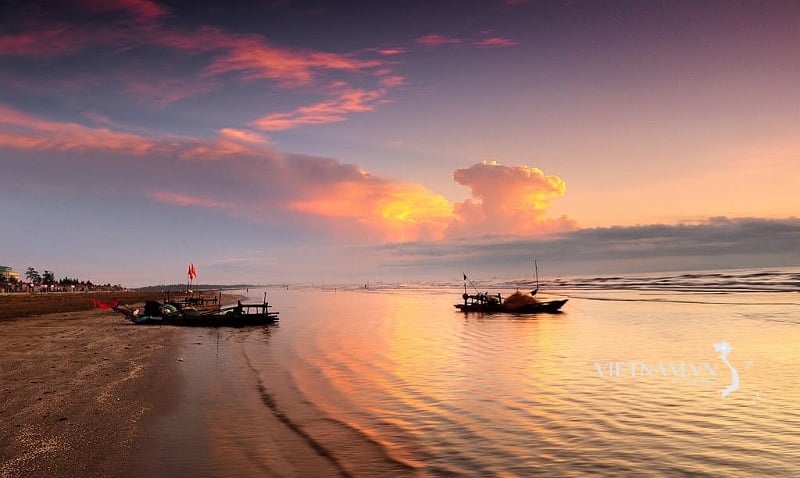
Comment (0)